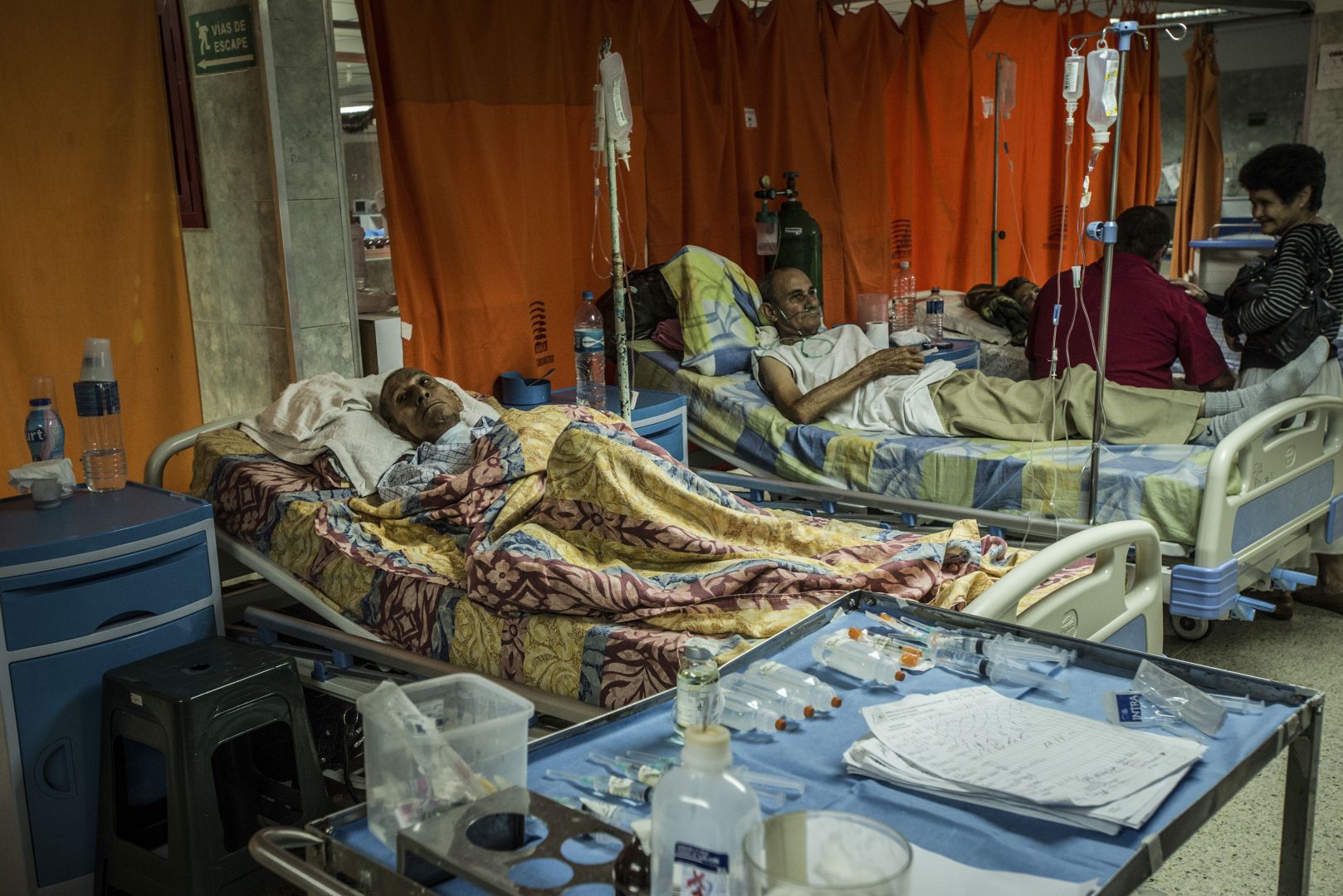CT's government at work
/ CT hospitals are suing the state, claiming that the hospital tax and Medicaid reimbursement rates are illegal. I don't know from medical administration and costs, but the facts of the suit do seem to show how government bodies operate.
CT hospitals are suing the state, claiming that the hospital tax and Medicaid reimbursement rates are illegal. I don't know from medical administration and costs, but the facts of the suit do seem to show how government bodies operate.
Hospitals have long argued that the state has been straining their budgets through the tax, cutting payments to hospitals and inadequately paying them for treating patients covered by Medicaid, which now covers close to 750,000 state residents.
"Sure you lose money on every sale, but you'll make it up on volume". That used to be the punchline to a joke: it still is, but the state doesn't realize that.
The Malloy administration has countered that hospitals have seen a dramatic increase in payments from Medicaid since the rollout of the federal health law, and it says many hospital systems have been profitable in recent years. But hospitals say that, because Medicaid pays them less than it costs to care for patients, treating more Medicaid patients is not improving their bottom lines.
The second part of the lawsuit concerns standard government ploy: lie about a new tax being, somehow, "a savings", then jack it up as far and as fast as legislators can.
The tax was established in 2011 as state lawmakers grappled with a massive budget deficit. Since then, lawmakers have increased the tax by hundreds of millions of dollars.
When it first proposed the tax, the Malloy administration characterized it as a mechanism to get the state more federal money. That’s because, by taxing hospitals and redistributing the money to the industry, the state can collect federal matching funds. The first year of the tax, the 2012 fiscal year, hospitals paid just over $349 million in taxes but received back $399.5 million – leaving the industry with just over $50 million more than it paid in.
But since then, the state has increased the amount collected from hospitals and reduced what it gives them back (which also reduces the amount of federal money the move brings in). In the 2013 fiscal year, hospitals paid $26.3 million more than they got back. This fiscal year, the tax is expected to total $556.1 million, and hospitals are slated to receive $117.6 million back – a net tax of $448.5 million.

